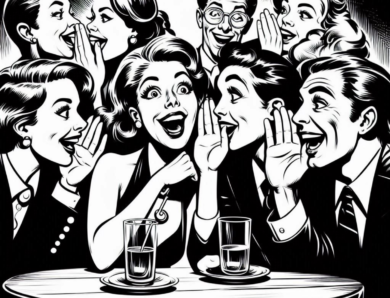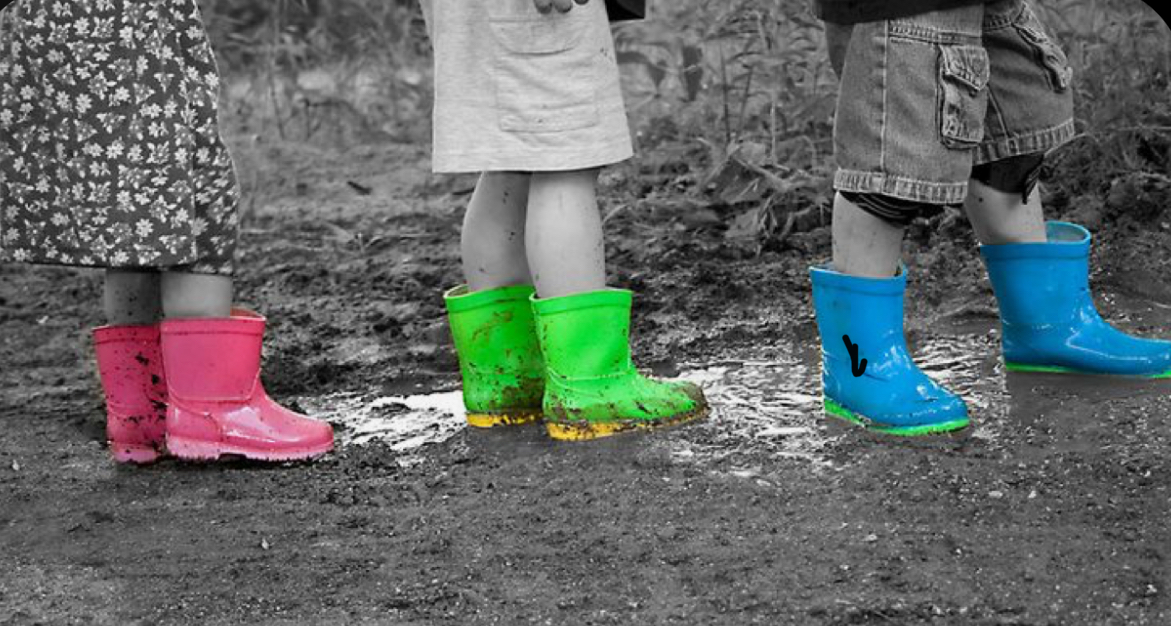
Uniquely human
How do people generally judge or perceive themselves ? Do they presume themselves as a normal, average individual or believe that they have exceptional traits that make them unique compared to others.
Most often, people consider themselves to be unique, their behaviour ideal even with all the flaws included.
Ideal version
A large majority of people are firmly convinced that he or she is unique. They perceive themselves along the same lines of the Shakespearean ideal, that is,
- What a piece of work is a man!
- How noble in reason!
- How infinite in faculty! in form
- and moving how
- express and admirable! in action
- how like an angel!
- In apprehension, how like God!
- The beauty of the world!
- The paragon of animals!
( From Shakespeare’s Hamlet)
One tends to visualise themselves as ideal humans, meanwhile believing that their friends, neighbours, family members and bosses are not always living up to this standard.
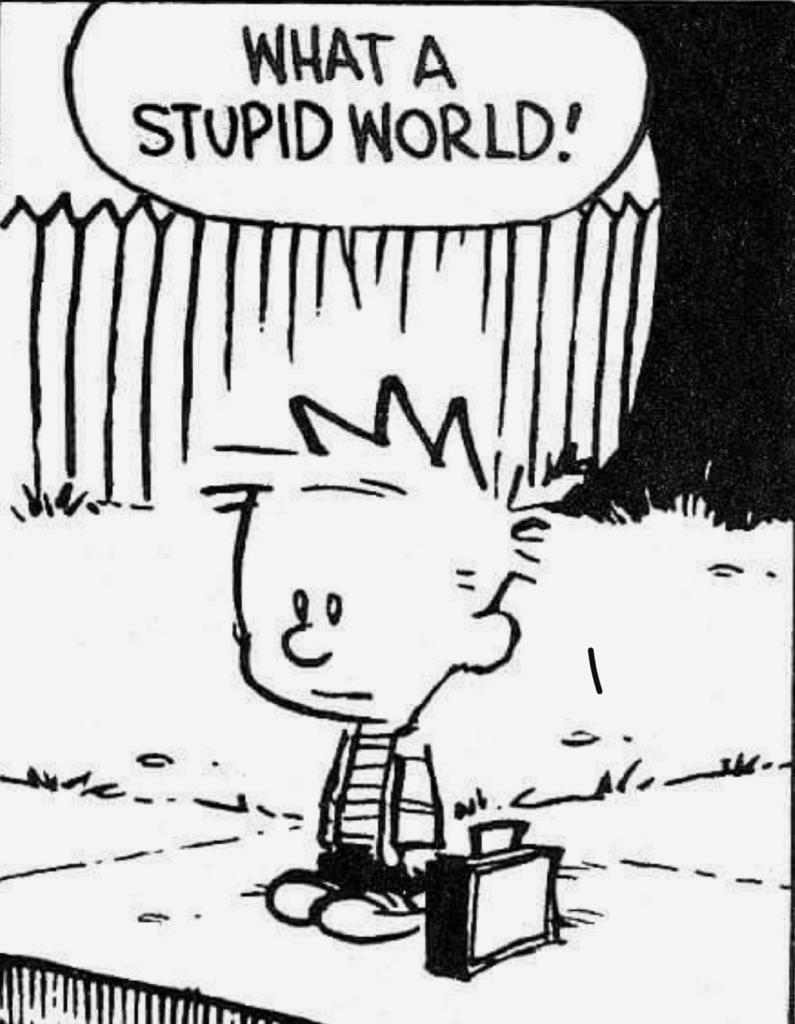
Society, or self-driven
Many educational establishments emphasise Robert Frost‘s acclaimed poem The Road Not Taken, to remind everyone to choose the uncharted territory.
- I took the one less travelled by
- And that has made all the difference
Is it then the society itself asking us to seek the unconventional paths to make the difference or is it our reasoning that makes us choose and think differently. Maybe while growing up, one felt compelled to believe in the concept of uniqueness making all the difference.
Stand out in the crowd
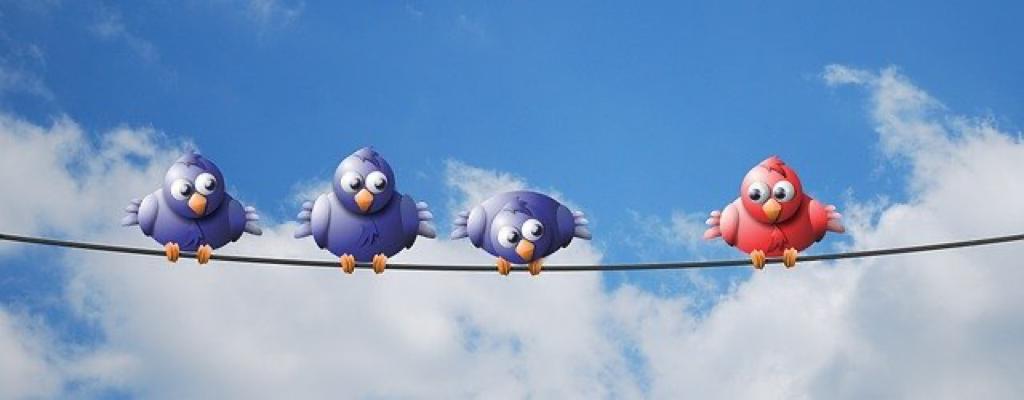
People believe themselves to be exceptional, their actions less susceptible to influence and manage to delude themselves to be above average, and repeatedly convince themselves that they are different from the rest.
You don’t want to be just like anyone in the crowd, that shows you lacked ambition and character. You want to stand out from the crowd.
The music we listen to, the books we read, the shows we follow, or how we prefer to present ourselves in the society or the lifestyle we observe are entirely different from the crowd. Our lifestyle reveals our values, and we’d like people to perceive our values as reflecting the best attributes and attire. We always find ourselves as a special distinct individual; it’s a self-protective mechanism.
Better than average effect
People judge themselves as dedicated hard workers, better parents, smart investors, well-informed citizens, good friends, best partners and kinder human beings and the list of significance goes on. The majority consider their intelligence at par with that of scholars.
Many experiments have illustrated that, if the participants in group intellectual assessments were told that their performance falls within the average category, they took it as a big blow to their egos.
Why do people have this eagerness to excel and despise to be among the average category in society? We’re complex individuals, how can anyone consider to be of the average sort?
Lake Wobegon effect
The human tendency to overestimate one’s own abilities, achievements and performance in relation to others are known as the Lake Wobegon effect.
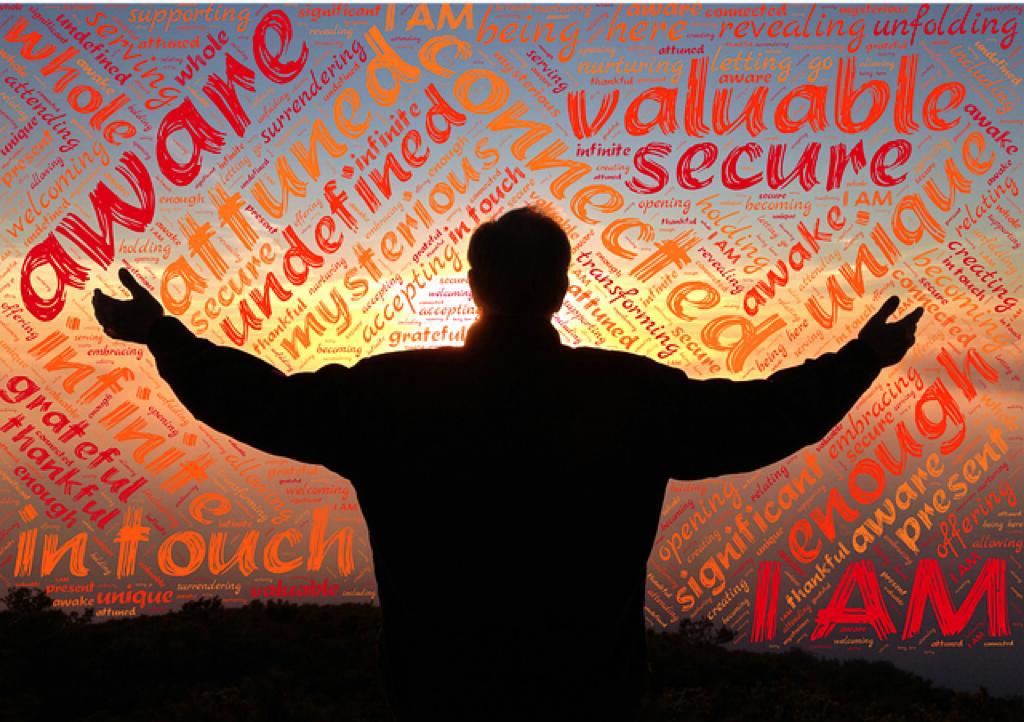
The US physician John Jacob Cannell introduced the term in 1987.
This observation is named after Garrison Keller’s popular radio program, A Prairie Home Companion, wherein he refers to a fictional town, Lake Wobegon, “Where all the women are strong, all the men are good looking, and all the children are above average.”
It is a self-serving bias, which might be protective in some conditions to augment your self-esteem, but counterproductive in other situations.
Lake Wobegon effect plays out not only at the personal level but in organisations all over the world.
Positive illusion
Social psychologists call this tendency to overestimate one’s positive qualities and capabilities and underestimate one’s negative attributes relative to others as illusory superiority or positive illusion.
Going easy on ourselves
When it comes to judging others’ behaviour, actions, and motives, we do it a bit more harshly than the way we judge ourselves.
Going easy on ourselves reflects a key behavioural observation. We judge ourselves by our internal motives and everyone else by their external actions. And thus in considering our own misdeeds, we have access to mitigating situational information.
When we make a mistake, we blame external factors and circumstances that pushed us into doing it.
When others do something wrong, we perceive that wrongness as their character flaws, that flowed from their imperfect behaviour.
This is known as attribution bias. It would be best if you considered the circumstances or context of that behaviour.
What others think about us
Flip the coin now, is it a bit interesting or unnerving to see what others think about you or evaluate you?
There are often wide discrepancies between how we see ourselves and how others see us. On a personal level, it is undoubtedly unpleasant to discover that we are not as great as we thought.
The 360-degree review systems in educational organisations and workplace performance review systems portray a different picture of ours which often take us by surprise.
Along with interpretation, misinterpretation transpires as well.
Identity of your own
This reality check and self-awareness could be valuable resources in learning more about ourselves. It’s impossible or futile to change yourself entirely as others want to perceive you.
But while working or functioning as a social unit, you can make an effort to change, without having to alter the way you don’t want to be.
Them vs us
If you feel superior to others or gripped by insecurities, your behaviour towards others may lack empathy and compassion, making any attempts at social interactions shallow and meaningless.
What you need is a complete acceptance of your character, including your flaws. You are not perfect, and you are not an angel, so are others.
Universality of behaviour
Consciously or subconsciously, we tend to organise our lives to display our identity as unique as possible.
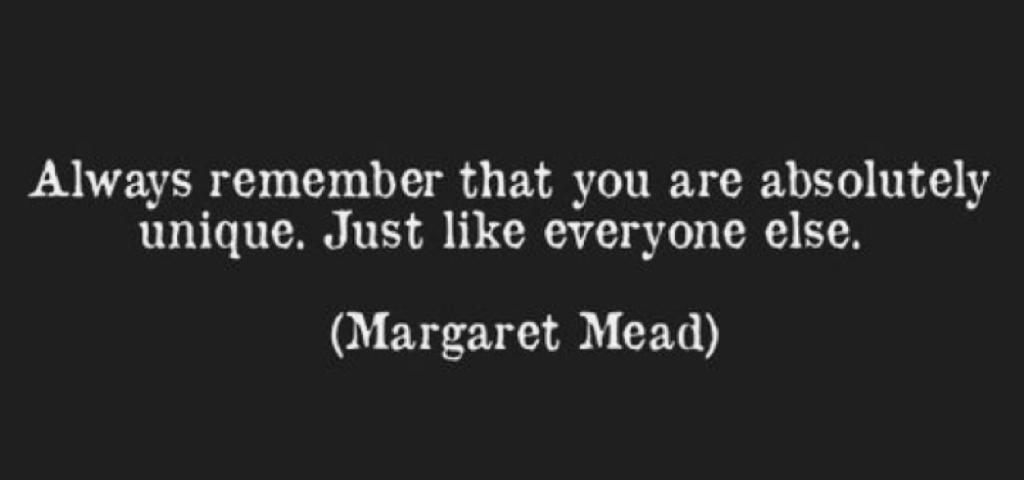
Accept most humans have the same nature as others. If you can accept who you are and laugh at yourself, you can be accommodating with others reasonably well.

